The Legacy of Muslim Rule in India
Synopsis
India never became an Islamic country. Its ethos remained Hindu while Muslims also continued to live here retaining their distinctive religious and social system. It is against this background that this book attempts an assessment of the legacy of Muslim rule in India. The Legacy of Muslim Rule in India has to be assed because in spite of a thousand years of Muslim conquest and rule, India has survived with a Hindu ethos. Had India been completely conquered and converted to Mohammedanism, its people would have taken pride in the victories and achievements of Islam. Conversely, had India succeeded like Spain and France to repulse the Muslims for good, its people would have forgotten about Islam and its rule. The Muslims who settled down in India were as cruel and contemptuous towards the native population as the Muslim conquerors. Muslim rule in this country remained foreign in character throughout its career, seeking recognition from the Caliph, maintaining itself on the strength of soldiers imported from Muslim countries abroad, and preferring foreign Muslim adventures for employment in prestigious posts. The Muslim state was theocratic and militaristic. So far as the Hindus were concerned, the period of Muslim rule was a period of unmitigated suffering and misery. The Ulama and the Sufi Masaikh never ceased to regret that the Hindus had been recognized as zimmis and not given the choice between Islam and death. Their zimmi status, however, did not save the Hindus from repeated massacres and constant molestation. Millions of Hindu men, women and children were captured and sold as slave all over the Muslim world. Countless Hindus were converted at the point of the sword, and their women abducted or forced into marriage with Muslims or made concubines in Muslim homes. Plunder of Hindu properties was a permanent Muslim occupation. The Brahmanas were slaughtered, and temples demolished all over the land so that mosques and other Muslim monuments could be raised on their sites and with their debris. Hindu peasantry was hunted like wild beasts, and impoverished in a planned manner by keeping the prices low and leaving it with only the bare minimum for sustenance. The Hindus survived the nightmare not because Muslim rulers spared pains in spreading death and devastation, but because the Hindus offered stiff and ceaseless resistance, particularly in the countryside where Muslim arms found it hard to penetrate. Even so they have been left with a Muslim “minority†which has never learnt not to discriminate between believers and infidels. The Muslim child learns in the ‘maktab’ that killing ‘kafirs is kar-e-sawab’, a pious act. This cleavage in the social fabric of India is a legacy of the Muslim rule in India. Another important legacy is the large number of Scheduled Castes, Scheduled Tribes and Other Backward Castes. These are Hindus whose social status declined steeply due to Muslim policy of plunder and planned impoverishment. The Tribals or Animists of the British Census are largely Hindus driven into forests and mountain fastnesses by sustained Muslim terror. The Stalinist and Secular historians make mischief when they manipulate medieval Indian history and pain the Muslim rule in bright colors. They prevent the Muslim fundamentalism. No solution of the communal problem is possible unless the Muslims come out of the Medieval Age, and learn to live in modern times.
Read more
16.20
14.58
$
18.00 $
Free delivery Wolrdwidе in 10-18 days
Ships in 1-2 days from New Delhi
Membership for 1 Year $35.00
Get it now and save 10%
Get it now and save 10%
BECOME A MEMBER

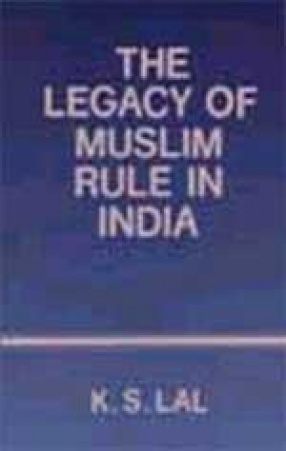
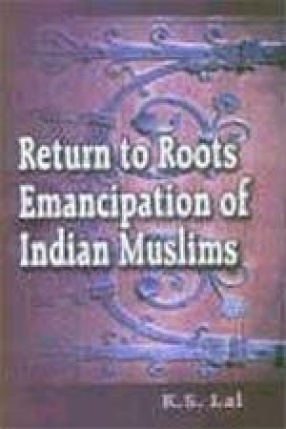
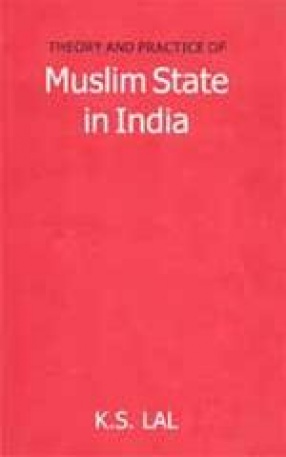
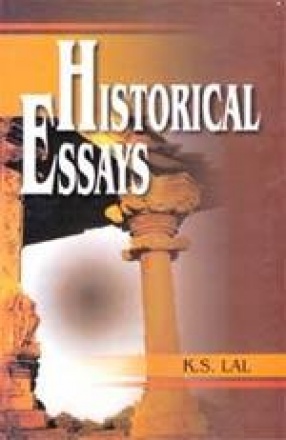
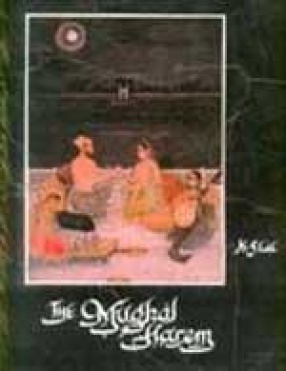
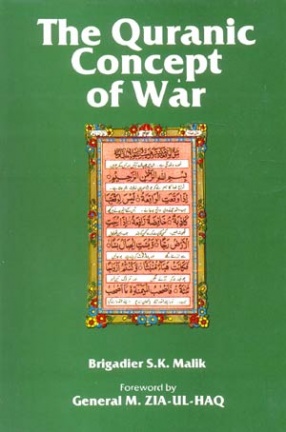
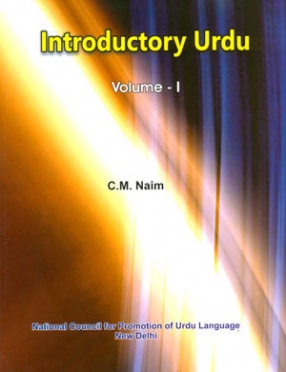

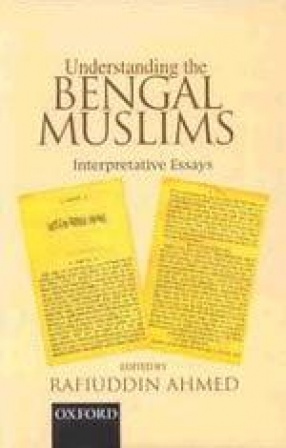

Bibliographic information